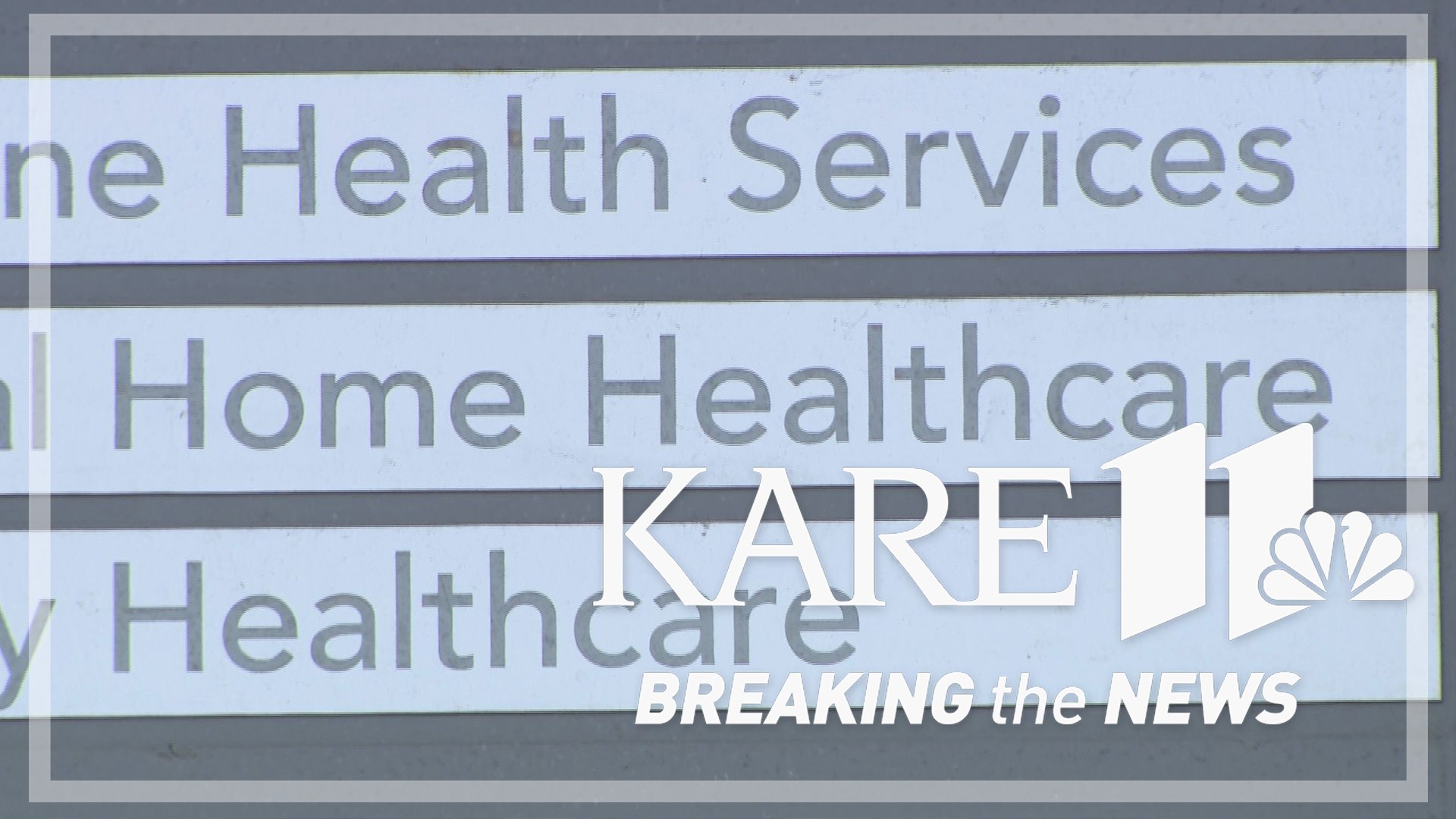MINNEAPOLIS — Just like the Feeding our Future case, the Minnesota Attorney General Office's investigation into Medicaid fraud among companies offering personal care assistant — or PCA services — is taking place almost entirely within the Minneapolis Somali community.
During a contested probation violation hearing on Tuesday, Abdirashid Said testified that investigators and prosecutors are mistaking cultural differences for evidence of fraud.
He said $188,000 in checks he received from PCA companies under investigation were not payments for services, but rather loans extended by friends and relatives who own those companies to help Said get back on his feet.
Said was convicted in 2021 of theft by swindle. His PCA company offered legitimate personal care services — helping people, often elderly or disabled, who need assistance with things like grooming, bathing, eating or using the bathroom.
Payment for the services comes through a Medicaid program administered by the Minnesota Department of Human Services.
But Said admitted his company tricked DHS into fraudulently paying $77,000 dollars in Medicaid funds through phony payroll documents. A judge ordered him not not to work for any company that receives Medicaid payments.
Now prosecutors accuse Said of receiving dozens of checks since his conviction, totaling $188,000 from other PCA companies that receive Medicaid payments — a direct violation of Said's probation.
DHS has now stopped all Medicaid payments to those particular companies because the attorney general is investigating them as part of its wide-ranging PCA fraud case. The different companies operate out of the same buildings and are often run by people with family ties.
Already 18 people have been charged in a separate $9.5 million PCA fraud case.
"Do you have personal relationships with the individuals who gave you these checks, Mr. Said?" his attorney John Lesch asked.
"Yes," Said answered.
Said's testimony illustrated how, even if fraud is occurring, it might be difficult to determine who is committing it. And the reasons for money exchanging hands.
"This is part of our culture, to help people," Said testified, adding that within the Minneapolis Somali community, friends and family members help each other out financially without the paper trail some might expect.
Regarding the $188,000 in checks, Said said his friends and family members who also run PCA companies gave him loans while he struggled to find employment after his conviction.
"Did you have a written payment agreement or terms and conditions of the loan?" Judge Shereen Askalani asked.
"No, your honor. In our culture we trust one another," Said said.
"The state believes its proved by clear and convincing evidence that there is not only a violation but multiple different violations," said Steven Forrest, Assistant Attorney General.
"Kudos to the attorney general's office for pursuing that which they believe is Medicaid fraud. But if this is the extent that they can show – we are in a sorry state of affairs," Lesch responded.
Judge Shereen Askalani will rule within the next few weeks.
Meantime, the Attorney General Office in a statement said their investigation into these companies that have not been charged is continuing.
Watch more local news:
Watch the latest local news from the Twin Cities and across Minnesota in our YouTube playlist:

